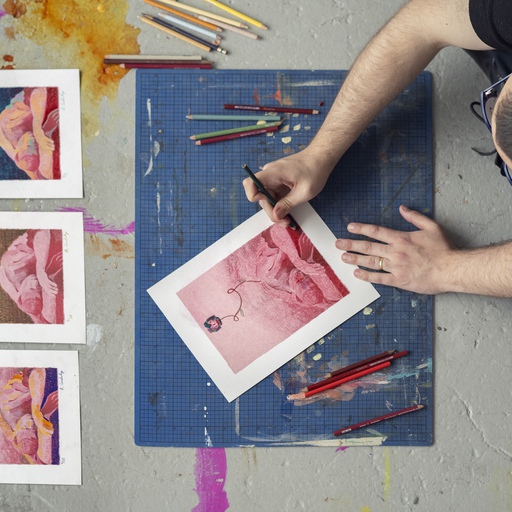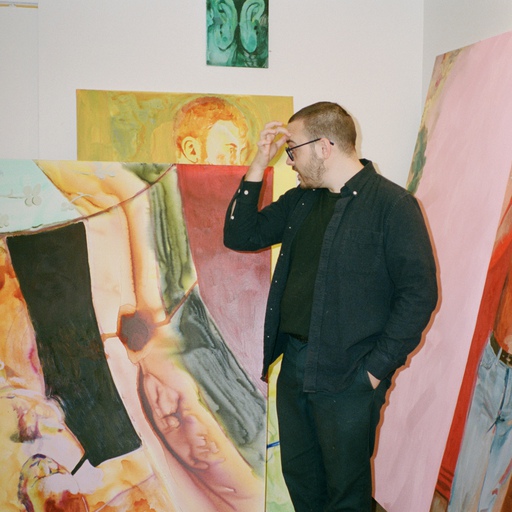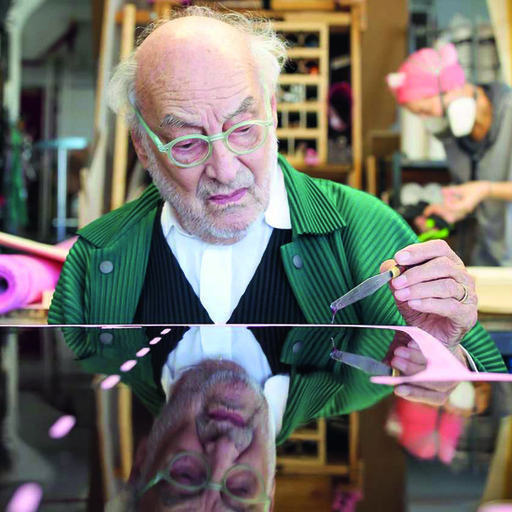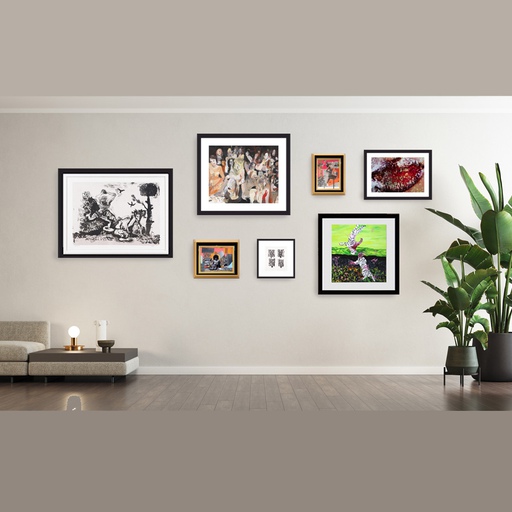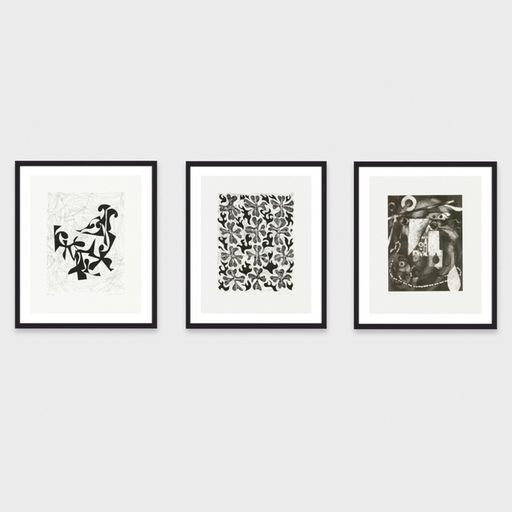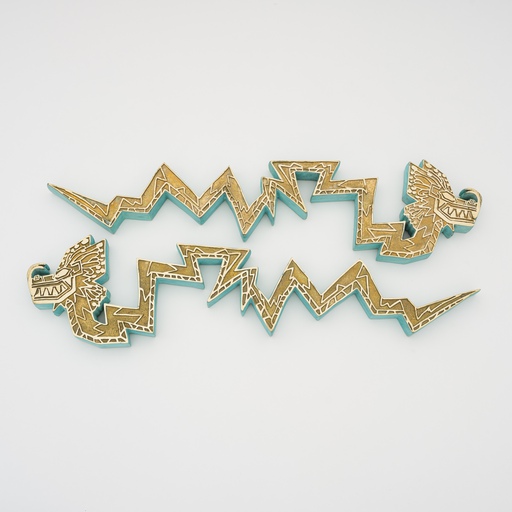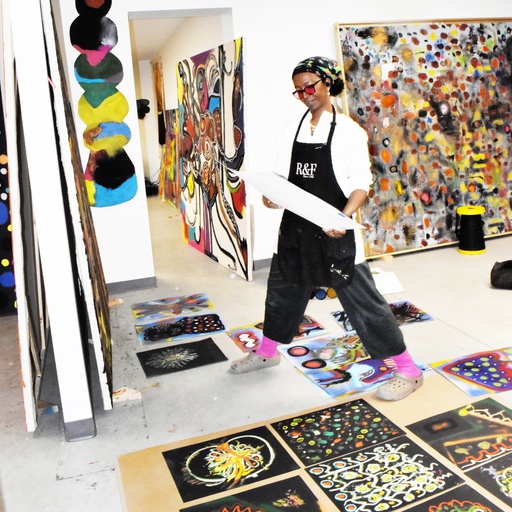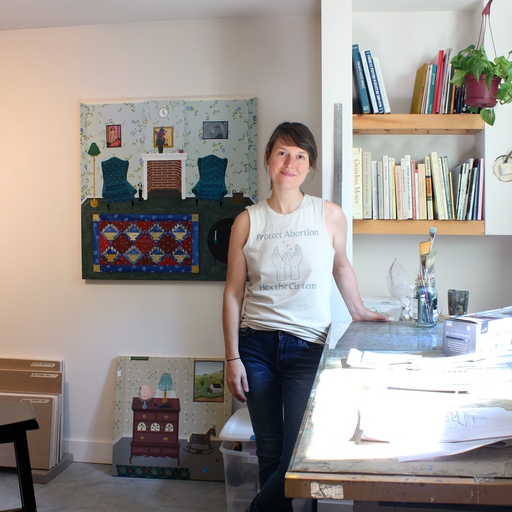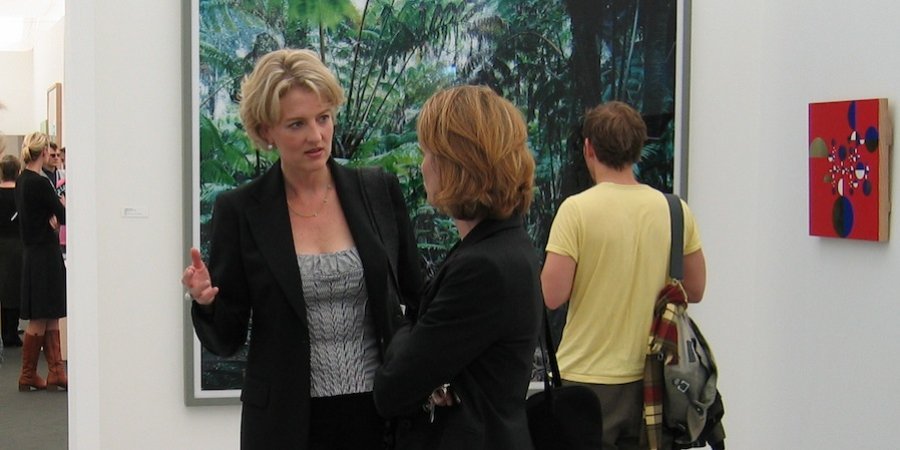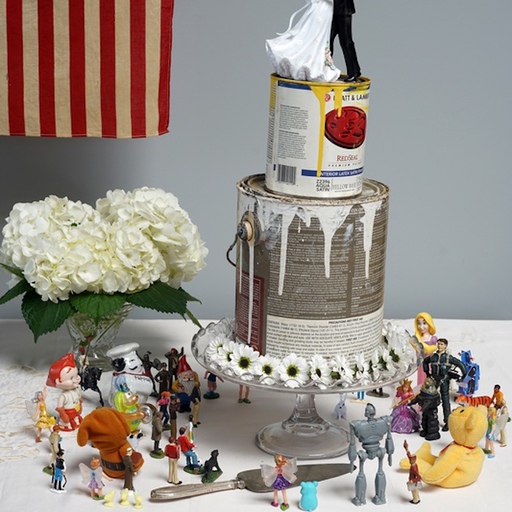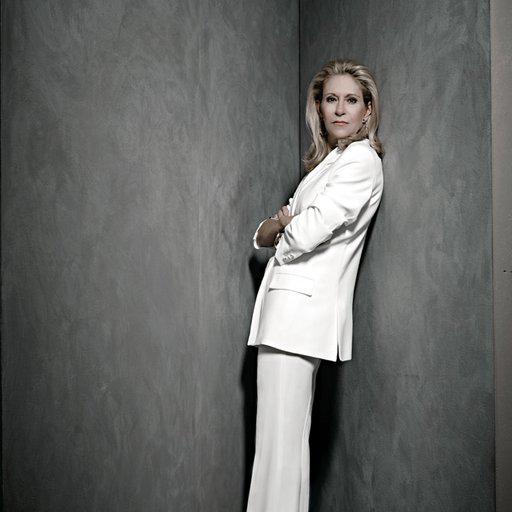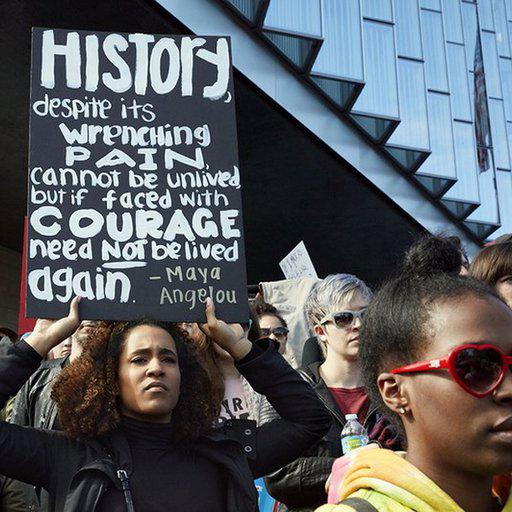Art fairs have their dos and don'ts. If you Google “negotiating at art fairs,” few results come up; it may be a taboo subject—and a common pratfall for beginner collectors—but haggling happens, and it's a veritable part of the art-buying game, for better or worse. So, in the face of surging prices and aggressive collectors at the opening this week of London's Frieze Art Fair, how does a beginning buyer handle the sale, or negotiate a fair price? We spoke to art adviser Todd Levin, who is director of the Levin Art Group, Los Angeles dealer Manny Silverman, and David Zwirner Gallery sales director Justine Durrett to help identify a few tasteful tips for approaching the art of the deal.
DO YOUR HOMEWORK
“If you are a collector and you don’t do your homework, then you’re a fool and money waiting to be parted,” says Silverman, a dealer who has exhibited work at the ADAA Art Show and EXPO CHICAGO. Even collectors armed with advisers or consultants should be checking sales histories and getting as much information as possible on the artists they want to buy. “I don’t think that people would buy a house or a car without a lot of information," Silverman says. "I think they should buy a piece of art because they have an interest in that artist and a lot of information.” To assist in that effort, Durrett pointed out that buyers can contact the gallery in advance for images of what they will be bringing to the fair.
BE READY TO COMMIT
“I think collectors should always try and get the best prices, that’s OK,” Silverman says, and yet, with that in mind, they shouldn’t be thinking only in dollar signs. “If collectors are buying for an investment, it’s an old adage: no matter what you paid for a work, you buy retail and, when you sell, you sell wholesale. And sometimes one doesn’t pass the other.” If, however, a dealer is going to offer a discount, there should be a certain degree of respect on the other end. “If making up your mind quickly means asking for discount, maybe you’ll get it, maybe you won’t. Know what you’re willing to spend,” Durrett says. “Fairs are very time-sensitive operations and most works are sold on the first day.” Finally, don't assume that there's a standard 10-percent discount at a mid- or upper-tier gallery, says Levin. Bundling groups of work together shows a strong commitment to the artist and can give dealers more motivation to discount.
ROOT FOR THE UNDERDOG
Younger galleries might occasionally get a break on booth rates, but “There is still a tremendous amount of bottom-line expenditures for young galleries participating in art fairs,” says Levin, pointing to salaries, airfare, shipping, insurance, hotel, and food costs. “Therefore, when a client and I are working with a younger gallery at a fair and the art is at a relatively low price point—four figures or low five figures—I have a clear policy not to request discounts. I don’t believe in them in that case.” Asking for a discount on work by a young talent may not only be perceived as rude, but almost "abusive."
THINK LONG-TERM
Being there in the beginning of an artist's career can be just as important as getting works for a certain price. “When a gallery inevitably grows larger and has many more collectors vying to access the most desirable works, those early relationships and attitudes are rewarded,” Levin says. Relationships, after all, extend well beyond the duration of art fairs, Durrett says, and reaching out to the gallery beforehand and keeping abreast of exhibitions will work in a collector’s favor. If that seems too daunting—indeed, Silverman notes that sometimes "people don’t really want to spend the time"—then one is always welcome to "check out the food and then go home."

